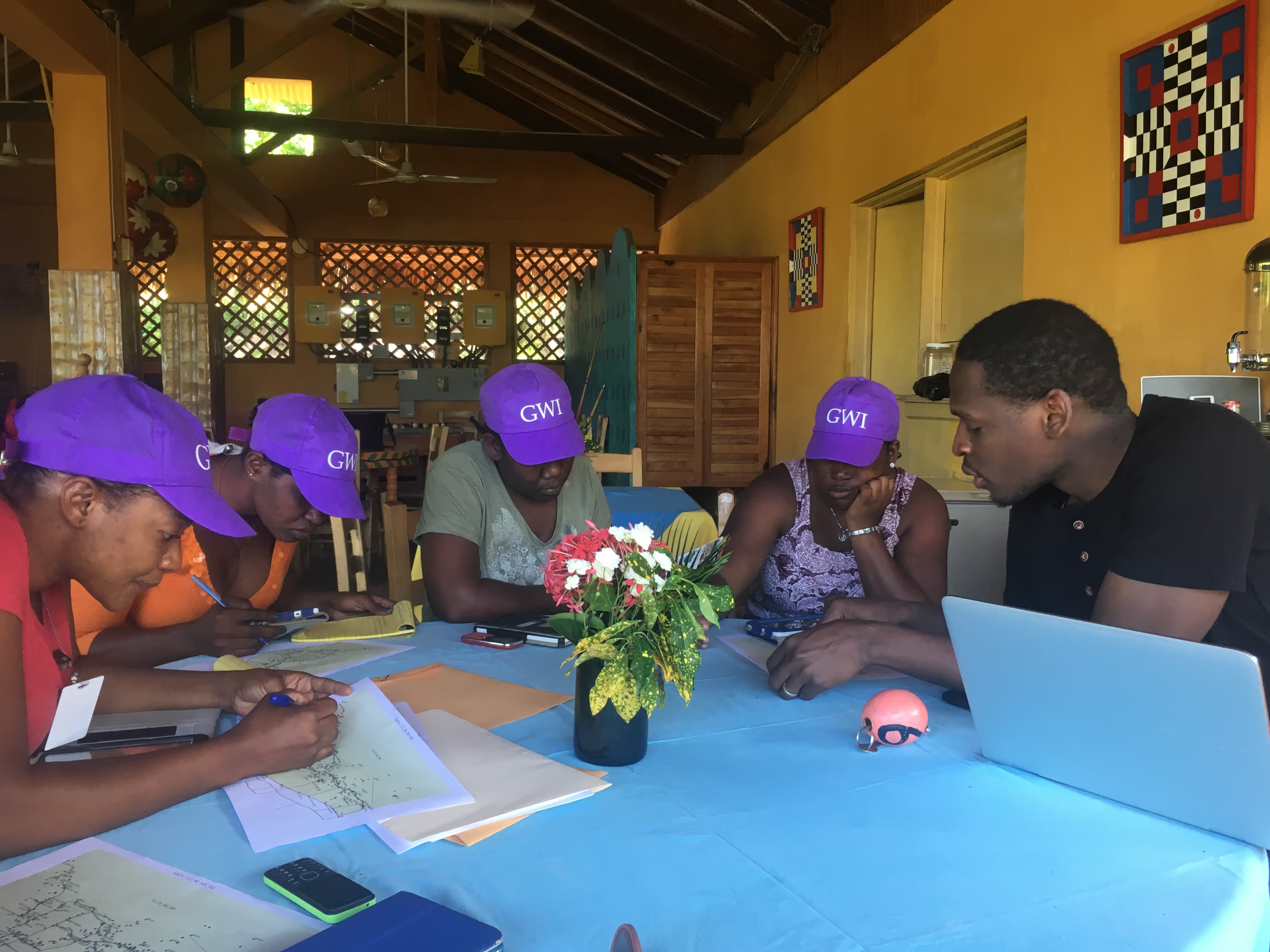Small Sample Size Surveys for GBV Programming: Main Results Report

The research team from the Global Women’s Institute (GWI) at the George Washington University and the Institut de Formation du Sud (IFOS) thought that LQAS techniques had the potential to be used to gather reliable, population-based data for GBV programmes in conflict and humanitarian settings.
In order to test whether LQAS would be an appropriate method for collecting population-based data on GBV indicators, researchers conducted a pilot study using the methodology in Marigot Commune in South-east Haiti. This location was selected because in 2017 GWI and IFOS had conducted a baseline study for an impact evaluation of a GBV prevention programme and had utilized multi-stage cluster sampling techniques. It was therefore possible for GWI and IFOS to directly compare the results of both approaches.
For the impact evaluation, Marigot Commune was being utilized as the control community (i.e. the GBV intervention that the impact evaluation is studying is not being implemented in this location). Therefore, it is not expected that any measureable change on GBV attitudes or prevalence would have taken place between the cluster survey conducted in 2017 and the LQAS survey conducted in 2018. After collecting data in the commune utilizing both sampling methods, the research team compared the results of the two approaches for select GBV indicators as well as cost, logistics and human resources considerations.